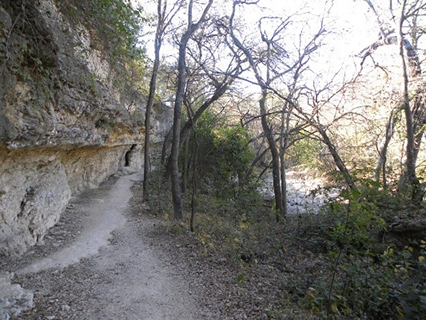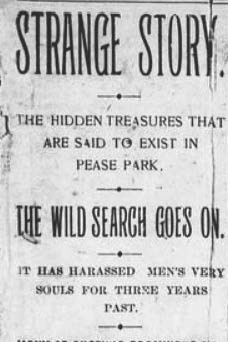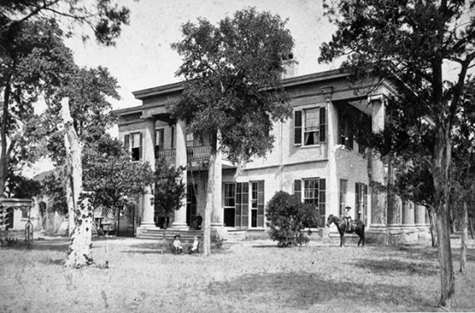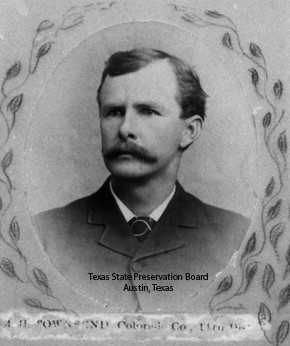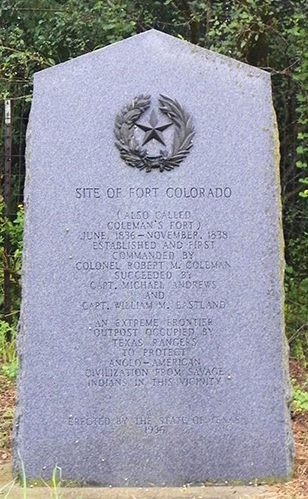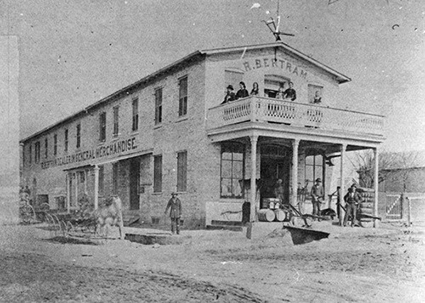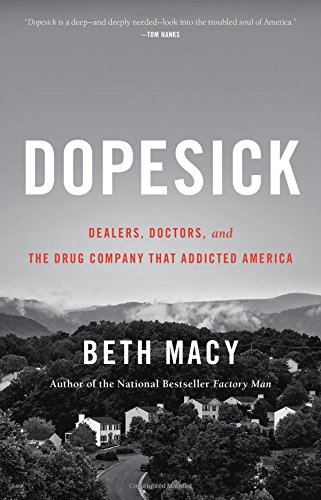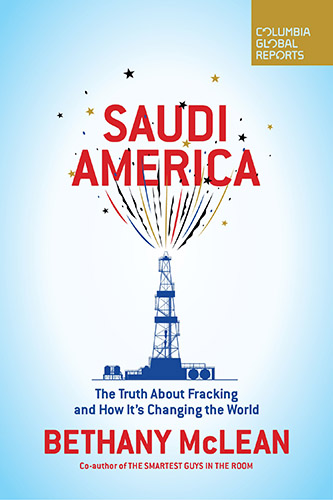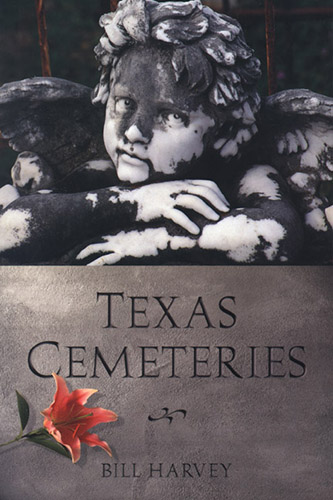In this weekly post, we feature helpful research tools and recent articles of interest to the legislative community.
- Review election returns in Texas. (Texas Secretary of State, accessed November 7, 2018)
- Track election results in state legislative races. (National Conference of State Legislatures, accessed November 7, 2018)
- Learn how to track federal legislation via email alerts. (Library of Congress, November 5, 2018)
- Read about the current backlog of immigration court cases. (Transactional Records Access Clearinghouse, November 6, 2018)
- "The petrostate of the union." By David Wethe, Rachel Adams-Heard, and Kevin Crowley. Bloomberg Businessweek, October 22, 2018, pp. 31-35.
Analyzes the resurgence of the Permian Basin and how a shortage of workers and investors may hinder companies from maximizing their potential growth. - "How 'Obamacare' premiums are faring." By Rebecca Asoulin. Christian Science Monitor, October 15, 2018, p. 16.
Considers the landscape for 2019 healthcare premiums, finding most states will see smaller increases. Notes there is at least one insurer in each county. Charts the wide variations in premiums and tax credits found among states. - "Spotlight on 'dark' money." By Christa Case Bryant. Christian Science Monitor, November 5, 2018, pp. 24-30.
Highlights the history of Montana's strong campaign finance and disclosure laws. Discusses two Montana cases under consideration by the United States Supreme Court that might affect campaign finance laws in other states. - "What some campuses are doing to help undocumented students." By Andy Tsubasa Field. Chronicle of Higher Education, November 2, 2018, p. A25.
Explains a recent study found that 71 percent of DACA [Deferred Action for Childhood Arrivals] students work while attending college. Mentions the study recommends colleges provide resource centers, along with mental and physical health services. Report at: https://www.thedream.us/wp-content/uploads/2018/10/TheDream.US-In-Their-Own-Words-Report-Oct-2018-1-2.pdf. - "Poverty in California: Amid plenty, want." Economist, October 27th-November 2nd, 2018, pp. 25-26.
Explains how California ended up with America's highest poverty rate. - "Prison: A tale of two states." Economist, October 20th-26th, 2018, pp. 25-26.
Contrasts two states' approaches to prison: Wisconsin's tough-on-crime methods and Minnesota's more progressive reforms. - "Why teachers stay silent about sexual assault." By Arianna Prothero. Education Week, October 10, 2018, pp. 1, 8.
Examines why teachers are reluctant to report sexual harassment and misconduct. Addresses unique features of the teaching profession that make K-12 educators more at risk for abuse. - "Rebirth of a nation: Can states' rights save us from a second civil war?" By Jonathan Taplin. Harper's Magazine, November 2018, pp. 27-35.
Examines the role of the Tenth Amendment in the current political climate and identifies states' rights initiatives on prescription drug costs, marijuana decriminalization, student loan debt, and other policy issues. Mentions Texas. - "Self-enforcing roadways." By Eric Donnell, Kristin Kersavage, and Abdul Zineddin. Public Roads, Autumn 2018, pp. 4-7.
Explains how transportation agencies can design self-enforcing roadways to manage speeds on two-lane rural highways, reducing the severity of speeding-related crashes. Report at: https://www.fhwa.dot.gov/publications/research/safety/17098/17098.pdf. - "Texas moves toward adoption of Uniform Bar." By Ryan Salchert. San Antonio Business Journal, October 26, 2018, p. 7.
Reports that the Texas Supreme Court has accepted a task force recommendation to adopt the Uniform Bar Examination that would allow Texas attorneys to practice law in 33 other states. - "Highs and lows of floodplain regulations." By Luis B. Torres, Clare Losey, and Wesley Miller. Tierra Grande, October 2018, pp. 22-25.
Addresses building regulations recently implemented in Houston as a means to reduce residential damage from flooding. - "Steady as she goes: Texas apartment markets recovering." By Ali Anari and Harold D. Hunt. Tierra Grande, October 2018, pp. 14-19.
Examines recovery of apartment markets in Austin, Dallas, and San Antonio since the Great Recession and the state of Houston's market since the collapse of oil prices in 2014 and in the aftermath of Hurricane Harvey in 2017.

